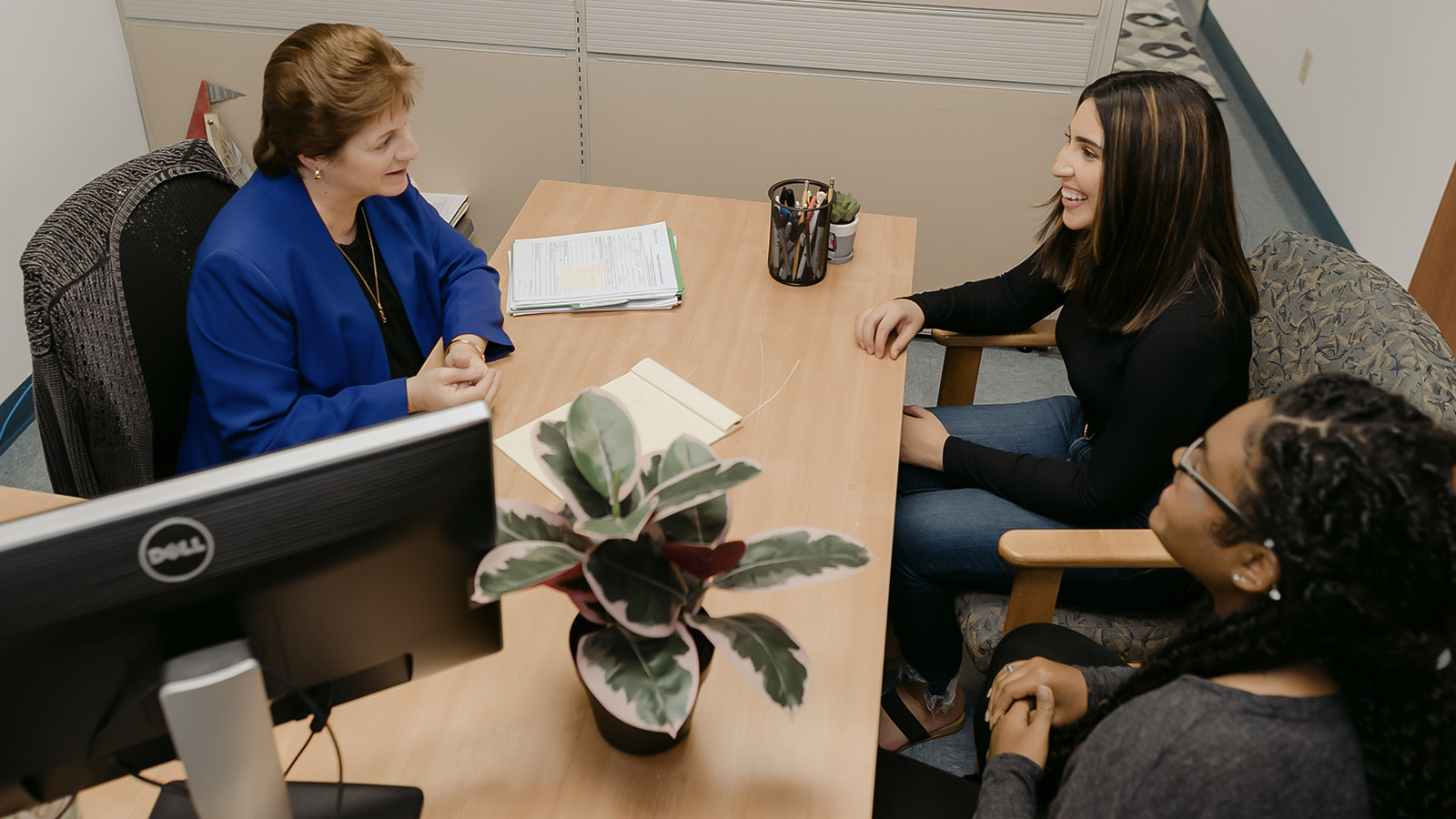About
SP’s are an integral part of the learning process and assessment strategy of our school’s educational program in areas such as: patient interviews, medication history gathering, patient counseling, point-of-care testing, basic vitals examination skills, provider interaction and dealing with professional and ethical dilemmas, etc. Through this program, students are provided an opportunity to demonstrate their skillsets, attitudes and behaviors on a one-to-one basis regarding “real-life” clinical scenarios and focus on their communication skills before beginning their professional practice. We accomplish the majority of this through end-of-the-year Objective Structure Clinical Examinations (OSCEs), where SPs are utilized.
During the OSCEs, faculty, SP’s and/or other healthcare professionals observe and evaluate how students perform specific clinical skills and behaviors. The exam usually consists of multiple, timed “stations” that students rotate through and interact with SPs presenting with various patient problems. There are also non-interactive stations when SP’s are not utilized. At each station, a student is asked to perform a specific, measurable task such as taking a patient history or counseling on a medication. SP’s and/or faculty observers complete checklists for each observed skill/station.
Typically, an SP requires 10-12 hours of extensive training including orientation, at-home practice, and mock trial runs. Hiring wages depend on experience.
The SP program is administered through the Objective Structured Clinical Examination (OSCE) Committee, a sub-committee of the Curriculum and Academic Policies and Evaluation and Assessment Committee.
Requirements
-
General availability throughout the day (2-5 hours per session)
-
Ability to sit through multiple encounters for up to 3 hours
-
Education and Experience:
- High school degree or the equivalent
-
Essential Knowledge, Skills and Abilities:
- Ability to learn case scenarios, recall encounter information, and complete checklists
- Basic computer skills
- Great communication skills
-
Proficient in English language
-
CV with cover letter & completed application form

